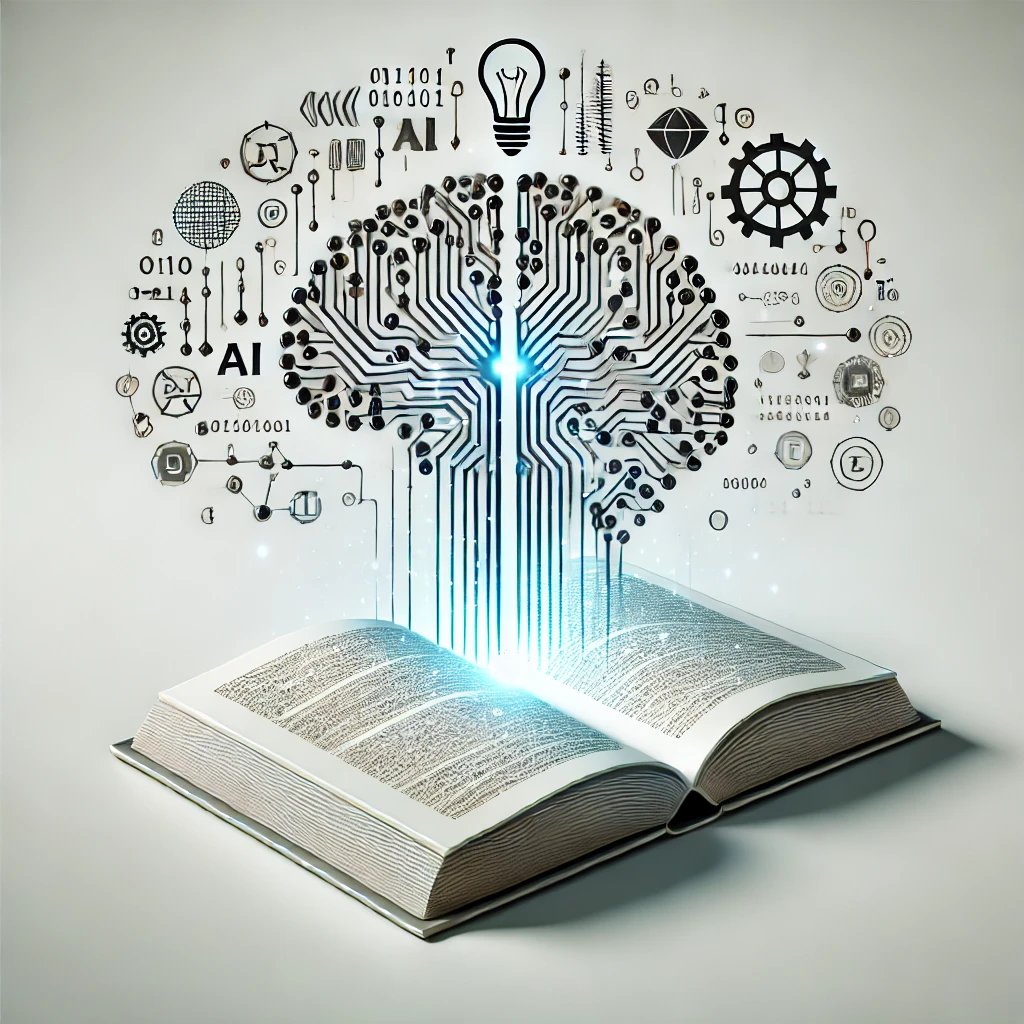AI cheating is overwhelming the education system

Report on the Challenges and Opportunities of Large Language Models (LLMs) in education
Introduction: The Growing Concerns in Academia
As the new academic year begins, students and educators are preparing for the challenges ahead. Among these challenges is the increasing use of large language models (LLMs) like ChatGPT by students, particularly in humanities courses where writing and critical thinking are central. University professors are increasingly concerned about the implications of these AI tools on traditional educational practices, particularly in the realm of essay writing and assessment.
The AI Cheating Dilemma
The advent of LLMs has sparked a new kind of academic arms race, where students use AI to complete assignments, and educators scramble to detect this AI-generated content. Despite efforts by companies like OpenAI to develop detection methods, these tools have not been made available, leaving educators frustrated. The Association for Computing Machinery has stated that detecting AI-generated content without watermarks is currently beyond our capabilities, a statement that underscores the technological limitations in addressing AI-driven cheating.
Impact on Humanities Education: A Shift in Pedagogy
In humanities education, where essay writing is a fundamental tool for teaching critical thinking, research skills, and effective communication, the rise of LLMs presents a significant challenge. Essays are not just about presenting information but about the process of organizing thoughts, forming coherent arguments, and refining ideas. However, with LLMs capable of generating passable essays, this traditional pedagogical approach is under threat. The ease with which students can now produce essays using AI raises questions about the future of such assignments as effective learning tools.
Embracing LLMs as “Cultural Technologies”
Despite the challenges, the article argues that LLMs should not be seen solely as a threat but as “cultural technologies,” akin to the advent of writing, printing, or internet search engines. Alison Gopnik, a distinguished psychologist, suggests that these tools, like their historical predecessors, should be viewed as augmenting human capabilities rather than replacing them. This perspective invites educators to rethink how they incorporate these technologies into their teaching, potentially using them to enhance rather than diminish the learning process.
Reinforcing the Writing Process
One of the central themes of the article is the importance of emphasizing writing as a process rather than merely a product. The process of writing is crucial for intellectual development. It forces students to clarify their thoughts, develop arguments, and communicate effectively. Educators are encouraged to make this process more explicit in their teaching, helping students understand that writing is an essential part of thinking. By reinforcing this idea, educators can help students see the value in the process itself, potentially reducing the temptation to rely on AI tools for their assignments.
Additional Points
1. Curriculum Redesign and Assessment Strategies
The integration of LLMs into education necessitates a reconsideration of curriculum design and assessment methods. Traditional essays may need to be supplemented or replaced by alternative assessments that are less susceptible to AI manipulation, such as oral exams, group projects, and in-class writing tasks. These methods can help ensure that students are engaging with the material on a deeper level and are assessed on their ability to think critically and articulate their ideas in real time.
2. Ethical Education and AI Literacy
Incorporating AI literacy into the curriculum is essential for helping students understand both the potential and limitations of LLMs. This includes teaching students about the ethical implications of using AI in their work, such as the importance of originality, academic integrity, and the potential consequences of AI dependency. By fostering a deeper understanding of AI, educators can help students use these tools responsibly and effectively in their academic and professional lives.
3. Collaboration Between Educators and Technologists
Addressing the challenges posed by LLMs will require ongoing collaboration between educators and technologists. Universities should work closely with AI developers to create tools that can aid in both teaching and detecting AI-generated content. This collaboration could lead to the development of better educational technologies that enhance learning while safeguarding academic integrity. Moreover, it could provide educators with the resources they need to stay ahead of the curve in a rapidly evolving technological landscape.
Adapting to the New Educational Landscape
The article concludes by acknowledging that while the rise of LLMs presents significant challenges, it also offers opportunities for innovation in teaching and assessment. The key to addressing these challenges lies in adapting pedagogical practices to the new realities of AI in education. However, the slow pace of change in academia is a concern. Universities must move beyond their traditional methods and embrace new approaches to teaching and learning that incorporate AI in a constructive way.
Conclusion: A Call for Innovative Thinking
The rise of LLMs like ChatGPT has brought to the forefront the need for a reevaluation of traditional educational practices, particularly in the humanities. While the challenges are significant, they are not insurmountable. By viewing LLMs as tools for augmentation, emphasizing the importance of the writing process, and adapting pedagogical practices, educators can navigate this new landscape effectively. The article calls for innovative thinking and a willingness to embrace change, ensuring that education remains relevant and effective in the age of AI.